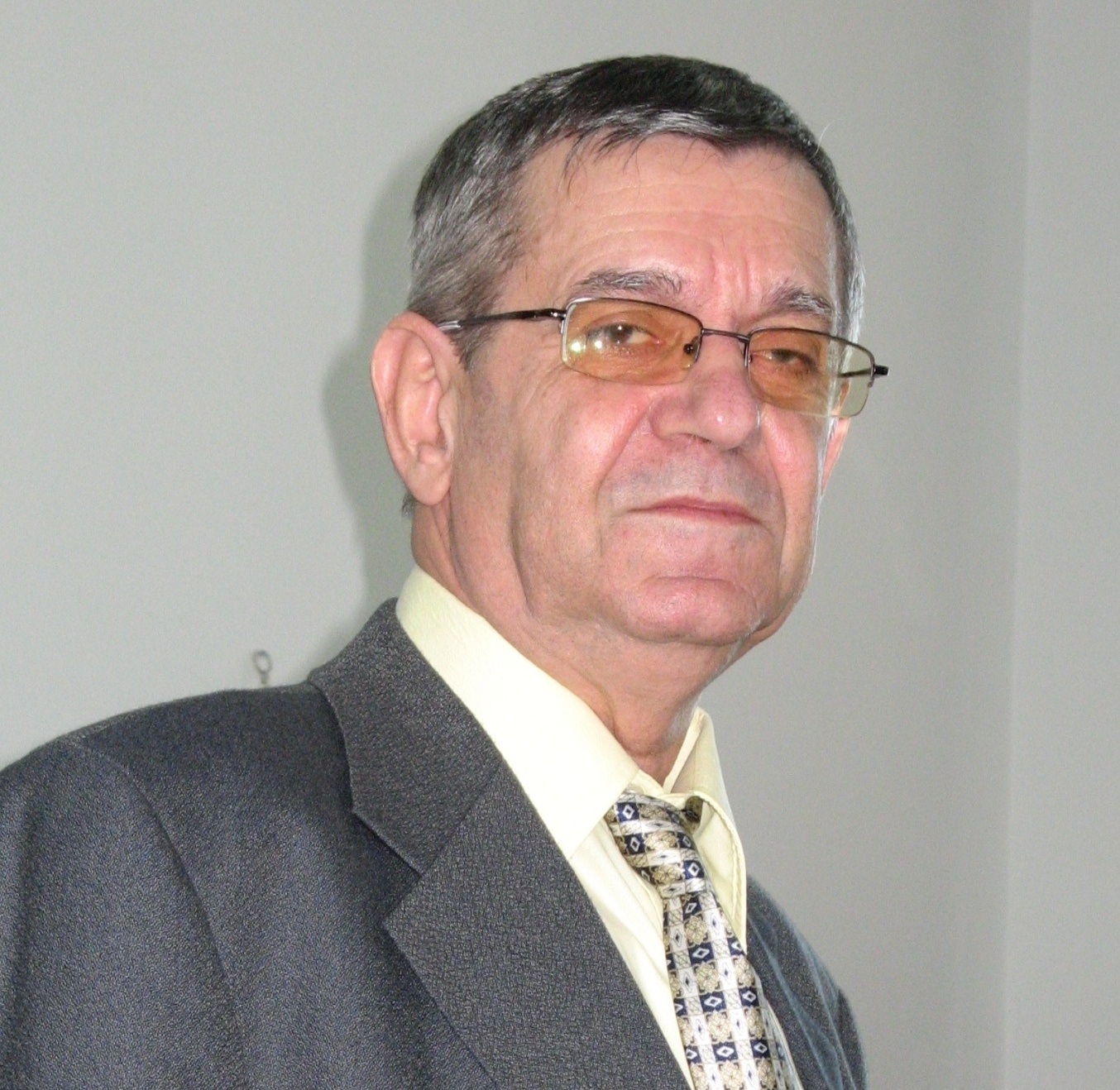The new wave of Romanian immigrants in Paris is very diverse. Some are former students who either completed their studies or not, but decided anyway to not go back home, to Romania. Some are Gypsies displaying their musical or begging talents, and some are peasants which moved to France one after another, till they reunited their whole rural community there.
The eclectic make of the Romanian community is best seen at church gatherings, on festive days.
I happened to be at the Orthodox Church on Rue Jean de Bauvais, close to Sorbonne, on the day celebrating Saints Michael and Gabriel.
A committee of well-to-do ladies was distributing each person three cabbage-rolls, a sausage and a bread roll hard as a rock, plus a glass of sour wine, poured from big plastic jugs.
As always, when food is for free, hundreds of people gathered in front of the church, elbowing one another to get at the front.
A group of poorly dressed elderly men was reminiscing on their faded glory as members of the Romanian fascist movement.
A middle-aged woman, with a gold-plated tooth and a strong Moldavian accent was telling other two women that she would like to sub rent her one-room apartment in Bobigny, as the rent was pretty steep, at 600 euros. "I would take in a man, to remind me what the scent of balls is like. Maybe the priest will recommend me someone trustworthy," said she.
A group of men was gravitating around a blond guy who happened to be someone I knew.
His name was Vasile; he was a former high-school mate who left for France for a Master Degree, but turned to a seedy type of business.
Affectionately nick-named "Le petit Robert" for his wide range of social connections, Vasile started his business venture selling Romanian newspapers to the Romanian community in Saint Danis. But when Internet versions of the papers became available, his business turned sour, so he switched to selling cigarettes. One pack of cigarettes made in the Republic of Moldova costs 25 eurocents, while the cheapest pack of cigarettes in France is sold for four euros. Hence, Vasile makes 10 euros for every 20 packs of cigarettes he sells illegally.
Lately, he developed a new business venture, together with a psychiatrist originating in Northern Africa. As many Romanians working illegally in France overstayed their three-month tourist visa and risk being banned from traveling to Western Europe when returning back to Romania, they get medical certificates stating they were hospitalized in France, as mental patients.
The way Vasileâs business ventures go, it is very likely his dream will come true: he will come back to Romania a rich man - rich enough to build his own villa in Baneasa residential ward, in northern Bucharest.
Other Romanians specialized in stealing luxury cars for re-sale in Romania.
The novelty of their endeavor is that they use their under-age kids to do the actual stealing. Those familiar with the criminal code, from their own experience with crime, quickly learned that in France children are only registered with police and then reunited with their family when committing a crime. Some 14 or 15-year olds are able to steel a BMW in 10 minutes and a Mercedes-Benz in 15 minutes. After the children take the cars from their original location, the adults take care of their delivery to Romania.
Begging is also big business for the Romanians living in Paris, most of them of Gypsy descent.
They live in large trailer-parks outside Paris, and spent their days begging on public transportation vehicles.
I met a big gang of seven men and two women playing various instruments; they also carried a big cardboard stating that they were refugees from Kosovo. It cost them 30 euros to get a student to write the false claim.
At first it was an efficient devise, but later on, when real Albanians started to arrive in Paris, their claim was not so easily believed.
Maria, one of the women, asked me to re-do their message into a more emotional one, when she learned I was a journalist. She said they earn 500 to 600 euros per month now, because "the French turned stingy."
I claimed to have a writerâs blockage and chatted a little bit with the men.
They held sweet memories of the Ceausescu era, when they stole pork meat from the Comtim Company, processing it, and they resold it on the black market.
So, for the old times sake I gave them two euros, telling them its for their children, though no children were around them.








